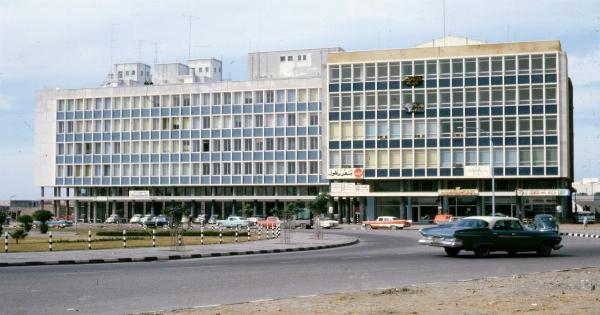Saudi Arabia is facing a severe outbreak of Middle East Respiratory Syndrome (MERS) with 117 deaths reported so far.
The kingdom’s Ministry of Health has been grappling with the situation, trying to contain the spread of the highly contagious virus. MERS was first identified in Saudi Arabia in 2012 and has since spread to 27 other countries.
What is MERS?
Middle East Respiratory Syndrome (MERS) is a viral respiratory illness caused by the MERS coronavirus (MERS-CoV). It belongs to the same family of viruses as Severe Acute Respiratory Syndrome (SARS) and the common cold coronavirus.
Transmission and Symptoms
MERS-CoV is believed to have originated in bats and is known to be transmitted to humans through contact with infected dromedary camels.
Human-to-human transmission can occur in healthcare settings, especially when proper infection prevention and control measures are not in place.
The symptoms of MERS include fever, cough, shortness of breath, and diarrhea. In severe cases, the disease can progress to pneumonia and kidney failure, which often leads to death.
Efforts to contain the outbreak
The Saudi Arabian government has taken several steps to control the spread of MERS. These include increased surveillance, contact tracing, and isolation of confirmed cases.
Health authorities have also advised the public to follow strict hygiene practices, such as regular handwashing and avoiding close contact with camels.
Hospitals and healthcare facilities have been put on high alert, with extensive training provided to healthcare workers on infection prevention and control measures.
Isolation wards and quarantine facilities have been set up to deal with suspected and confirmed cases.
Public awareness campaigns have been launched to educate the population about the risks and preventive measures of MERS. The government has urged the public to report any suspected cases immediately and seek medical attention.
International response
Given the global nature of travel, MERS has spread to several countries outside of Saudi Arabia. The World Health Organization (WHO) has been closely monitoring the situation and providing guidance to affected countries.
Many countries have implemented travel restrictions and issued travel advisories to prevent the importation of the virus. Screening measures, including thermal screenings at airports, have been implemented in some countries.
The international scientific and medical community has also been actively engaged in research to develop effective treatments and vaccines for MERS. However, no specific antiviral treatment or vaccine is currently available.
The economic impact
The MERS outbreak has had a significant economic impact on Saudi Arabia. The country heavily relies on revenue generated from religious tourism, and the outbreak has led to a decline in the number of pilgrims visiting the holy sites.
Several countries have also imposed bans on the import of camels and camel products from Saudi Arabia, affecting the local livestock industry. The overall economic impact is yet to be fully assessed but is expected to be substantial.
Lessons learned
The MERS outbreak in Saudi Arabia highlights the importance of early detection, surveillance, and effective infection control measures in preventing the spread of infectious diseases.
It also emphasizes the need for international collaboration and information sharing to address global health threats.
The Saudi Arabian government has made significant efforts to contain the outbreak and minimize its impact. However, continued vigilance and investment in public health infrastructure are essential to prevent future outbreaks and protect public health.
Conclusion
The MERS outbreak in Saudi Arabia has claimed the lives of 117 people so far, highlighting the urgency of addressing this public health crisis.
The government’s proactive measures, along with international collaboration, are vital in controlling the spread of the virus and protecting public health.































